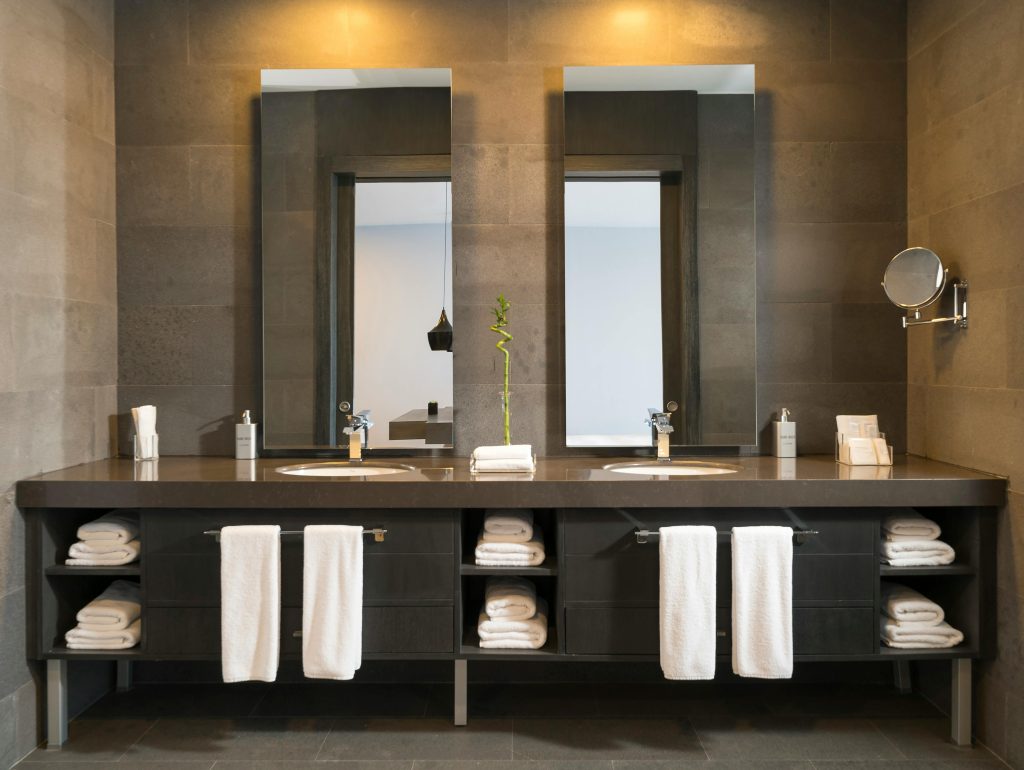
Caregivers matter. But they shouldn’t speak for us.
They can be parents, spouses, paid PCAs, friends. People we rely on and value. But let’s not confuse supporting someone with being their spokesperson. Too often, caregivers’ voices overpower ours, and suddenly businesses and organizations take their word over the lived experience of disabled people. That doesn’t help us—it silences us.
Caregivers Shouldn’t Speak for Us
Caregivers play an important role in the lives of many people with physical disabilities. When someone needs daily assistance and has a caregiver they can rely on, that’s a wonderful thing. Caregivers often pick up on details, patterns, and challenges that others might overlook.
But here’s where I start to see a problem. Too many caregivers are now creating social media content and presenting themselves as experts on accessibility. While they may know more than someone without disability experience, that still doesn’t qualify them to speak on behalf of those of us actually living with physical disabilities. Their title alone doesn’t give them carte blanche to be “the expert” for all of us.
Caregivers Label Themselves Accessibility Experts
Scrolling through social media, I came across a caregiver reviewing a hotel bathroom. They praised it as “accessible.” Yet the photos told another story. For me, the setup screamed: Not even gonna happen, Tasha.
The shower handle was on one side, but the toiletries were out of reach on the other. That’s not functional for a manual wheelchair user like me. Yet the caption confidently declared: “Very accessible.”
Another time, I saw a caregiver post about how “accessible” a toilet was. But the photo showed the toilet paper mounted so far from the toilet, you’d need a four-foot-long arm to reach it. That might not be a problem for the caregiver standing nearby. However, for a solo wheelchair user? It’s a deal-breaker.
And it’s not just bathrooms. I’ve seen posts about restaurants, airports, and tourist attractions labeled as “accessible” without any mention of the details that actually matter—curb cuts, transfer space, doorway width, or whether someone needed help to navigate the space.
Here’s the pattern: of course it looks more accessible to the caregiver—they’re not the ones actually navigating it.
When Caregivers Speak Louder Than Us
Here’s my real concern: businesses and organizations may listen more to caregivers with large platforms than to disabled people ourselves. Their perspective, while valid from a caregiving angle, doesn’t always match reality for wheelchair users and others with physical disabilities.
And when that happens, we lose our voice.
If a caregiver says a hotel is “accessible” when it’s not, a business can turn around and tell me, “Well, so-and-so said it was fine.” Their words suddenly carry more weight than mine, even though I’m the one who actually lives with the physical disability and experiences the barriers first-hand. That’s not just frustrating, it’s harmful.
Because every time a caregiver’s review overrides ours, it strips power from the very people accessibility is supposed to serve. It tells companies, policymakers, and the public that secondhand observations are more trustworthy than lived experience.
What Caregivers Should Do Instead
If caregivers want to post about accessibility, fine. But let’s get specific and honest:
- ✅ Say, “Bobby uses a scooter, and I was able to roll him into the bathroom. I helped with the transfer.”
- ❌ Don’t say, “The scooter fit perfectly.”
Because if Bobby were traveling solo, that same bathroom could turn into an obstacle course.
This is the difference: tell the truth about what you as a caregiver could do, not what disabled people everywhere can do. Your perspective matters. But it doesn’t replace ours.
Why Accuracy Matters
That’s why accuracy isn’t a detail. It’s everything. When a caregiver with a million followers paints an incomplete picture, the consequences ripple out.
- A disabled traveler might plan a trip only to arrive and find obstacles everywhere.
- A company might stop improving, convinced they’ve nailed accessibility.
- And disabled voices get pushed further down the line, treated as “complaints” instead of expertise.
This is why I always write from my experience with full transparency. Was I using my manual wheelchair? Did I need help? Where exactly did I struggle? Those details matter. That honesty builds trust. Without it, accessibility becomes just another buzzword.
The Bottom Line
Caregivers are valuable allies. But they aren’t physically disabled. Their experiences and opinions can never replace ours—and when their voices get louder than ours, they weaken our fight for equality.
So here’s my call: if you’re a caregiver posting about accessibility, add context. Be transparent about your role. And if you’re following accessibility content, seek out disabled voices first. Because we’re the ones navigating those bathrooms, curb cuts, and doorways every single day.
✨ Accessibility is not a photo opportunity. It’s our daily reality.
But hey… that’s just my belly button.
Support Audacity Magazine 💻☕
Love what you just read? Audacity Magazine has been the bold voice for people with physical disabilities for 22 years—and we’re just getting started! 🎉
👉 Subscribe to our weekly newsletter for behind-the-scenes stories, real talk, and audacious living tips that you won’t find anywhere else. Starting October 1st, our newsletter will be behind a paywall—so now’s the time to sign up and tell your friends. Don’t miss out!
👉 Feeling generous? Keep this diva on wheels caffeinated and the magazine thriving by buying me a coffee. Every cup fuels more unapologetic storytelling.
🔥 Audacity is a lifestyle, not a limitation.